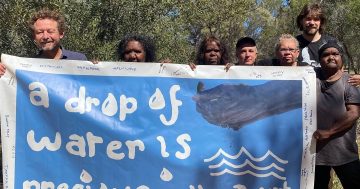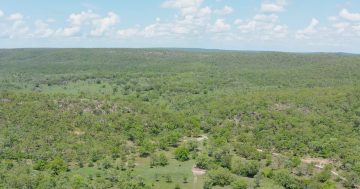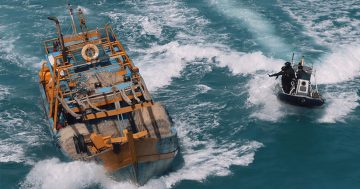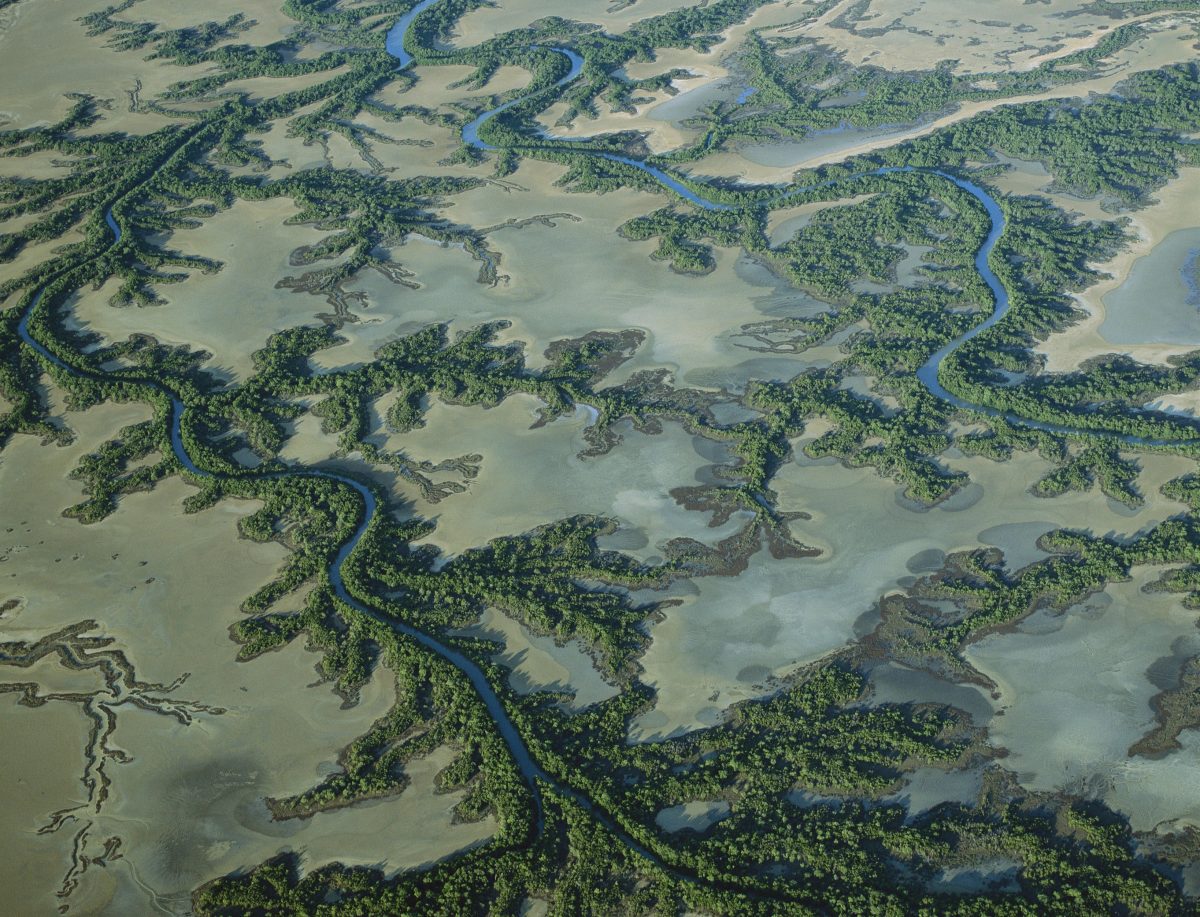
ECNT Executive Director Kirsty Howey said the River Roper catchment was a national treasure and the world’s largest remaining intact tropical woodland – but was at risk of being bulldozed by cotton producers. Photo: Pewtrusts.
There have been calls for a royal commission into the management of water, deforestation and land clearing throughout the Northern Territory, following claims of growing problems akin to issues with the Murray-Darling Basin.
A recent ABC Four Corners program made claims of the flouting of water licences in the Top End, loophole-ridden land-clearing laws and conflicts of interest in government decision-making. The coverage has incited both Environment Centre NT (ECNT) and Arid Lands Environment Centre (ALEC) to demand a federal investigation into the matter.
ECNT Executive Director Kirsty Howey claimed the reporting had exposed a compromised system of land and water management in the Northern Territory.
“This is a complete dereliction of duty from Northern Territory decision-makers and raises serious questions about just how far the NT Government are willing to change the rules to accommodate big business,” she said. “We don’t have time to wait.
“The Federal Government can’t sit on the sidelines – urgent action is required before the Northern Territory’s iconic savanna is trashed, rivers are destroyed, and traditional owners rights are undermined.”
“Big cotton devastated the Murray-Darling Basin – we mustn’t be bullied into making the same mistakes here,” said Ms Howey.
According to a 2022 report, the cotton industry has been expanding into the NT so it can exploit what the Environmental Defenders Office has described as among the worst laws in the country.
The Productivity Commission claims the Top End is largely non-compliant with federal water policy and its planning has been “backsliding“; and that water allocation plans are not binding on decision-makers, who believe that leaving the natural resource free for irrigators brings them a “competitive advantage”.
Essentially, the environmental organisations claim that NT water licensing and allocations involve the transfer of public resources/wealth to private interests without compensation.
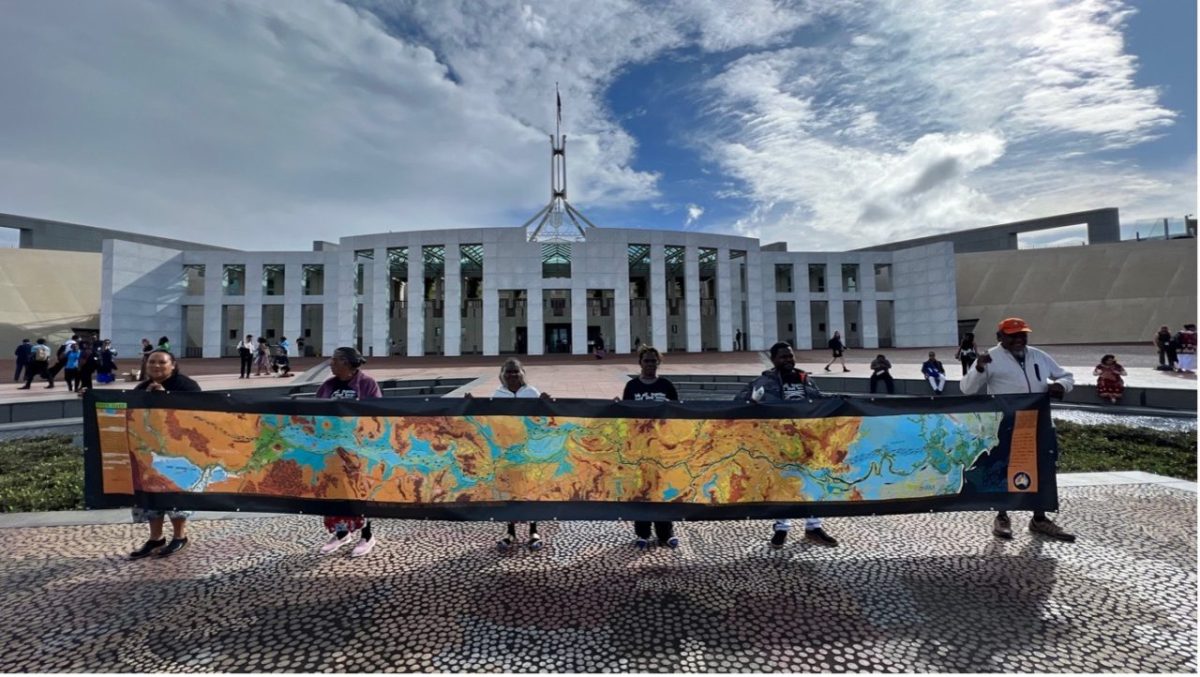
Traditional owners from across 20,000 sqkm of the Roper River catchment travelled to Canberra in 2023 to ask for protection from threats posed by new water intensive industries and to be at the forefront of decision-making surrounding the use of water. Photo: Territory Rivers.
Yet another challenge for the NT, is it being the only Australian jurisdiction without native vegetation laws.
While land clearing is regulated by the Pastoral Land Board, the gap in legislation has seen approvals rapidly accelerate and proposals for cotton cropping are expected to require many more.
No pastoral land clearing applications have ever been assessed by the NT Environmental Protection Agency under the NT environmental assessment laws, nor referred for assessment under the Federal EPBC Act.
Eighteen water academics from around the country sent a letter to then-chief minister Natasha Fyles in 2022. It warned of “particularly poor and regressive” approaches involved with the Georgina Wiso allocation plan and called for an overhaul of the NT’s water system.
This time, both ALEC and ECNT are calling on the Commonwealth to:
- Support the NT Government to implement an immediate moratorium on new water licensing and water allocations in the River Roper system, along with land clearing permits on pastoral leases
- Fund a First Nations-led governance project for the Roper catchment.
ALEC CEO Adrian Tomlinson said they “simply can’t trust the NT Government to do the job”, hence their demand for the Federal Government to “step in and publicly probe this unfolding disaster before it’s too late”.
“The Northern Territory is known around the world for its iconic natural treasures, including our free-flowing rivers and underground aquifers,” he said.
“But the policies of successive governments have paved the way for massive amounts of water taken from aquifers in central Australia and river systems – threatening groundwater dependent ecosystems and cultural values, as well as fishing, tourism, and our Territory lifestyle.”


